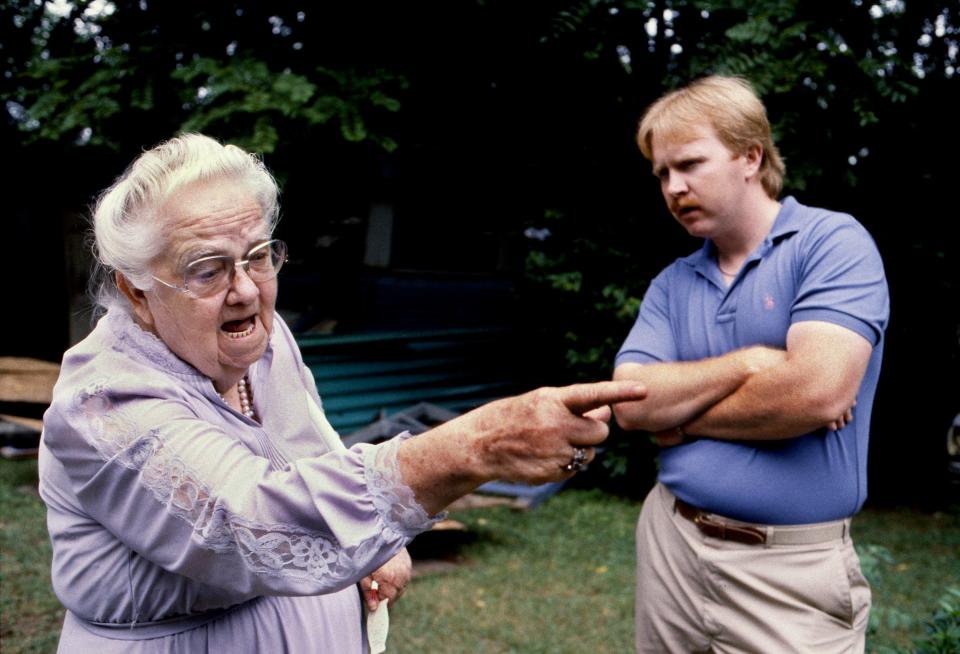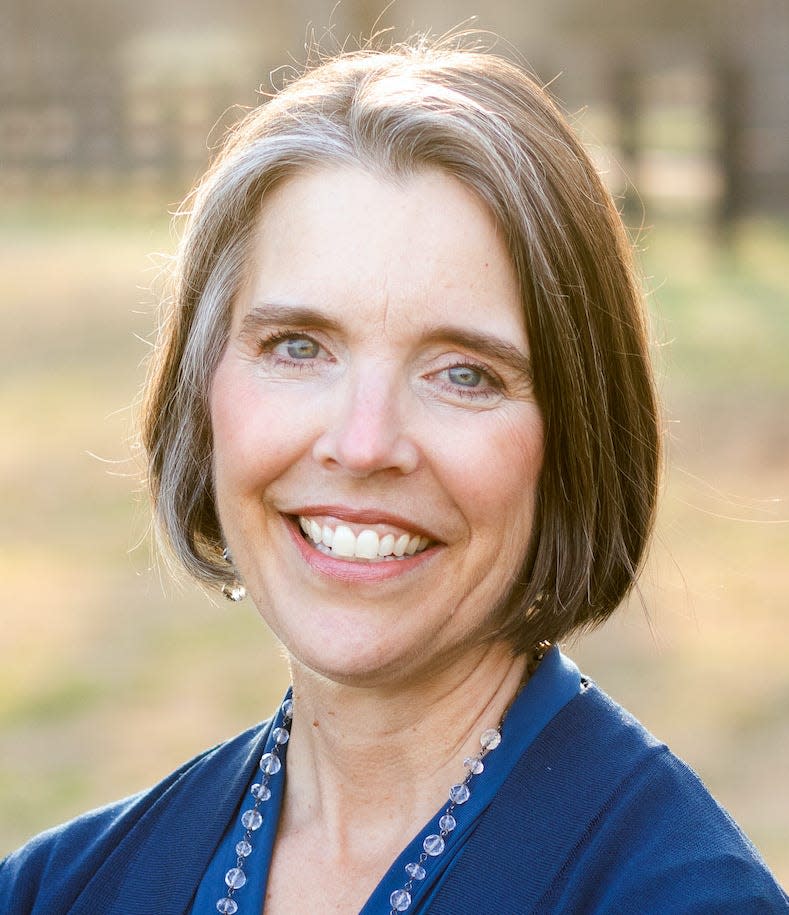Why is Nashville going after low-income, aging homeowners for codes violations? | Opinion
Recent news media reports about the approach used by some developers to anonymously report and Metro Codes Department employees to cite and fine lower-income, Black and elderly citizens have us deeply concerned and very disappointed about this disturbing approach to gentrification.
After fielding anonymous complaints against these homeowners, some members of the Metro Codes staff go out to the home, cite multiple and often petty violations and deliver citations and fines to the lower-income, often aging homeowners, according to an investigative article that appeared in the weekly Nashville Scene.
What kind of city are we today?
Is Nashville a community where our best is pushing older homeowners out of their homes to demolish them and build high-priced houses, convenient to downtown?
Or are we a community that looks out for our aging neighbors, that takes the proper steps to allow these individuals to stay in their homes as long as possible – and makes sure that resources are at their disposal to address those issues that may violate the city’s residential code structure.

These are systematic problems that must be addressed by Mayor John Cooper and the Codes Department, and we applaud Mayor Cooper’s response to bring Codes leadership and Metro Legal together to, as his statement read, “conduct a review to determine not only the validity of the specific claims, but also how together we can strengthen the process so it’s both more effective and more equitable.”
Given the gentrification of many neighborhoods and the dire shortage of affordable housing, it's vital that we do more to come alongside our neighbors and create a more age-friendly community.
Hear more Tennessee Voices: Get the weekly opinion newsletter for insightful and thought provoking columns.

Your state. Your stories. Support more reporting like this.
A subscription gives you unlimited access to stories across Tennessee that make a difference in your life and the lives of those around you. Click here to become a subscriber.
How can we say we are a friendly city ?
The article highlighted numerous systemic issues, including laws that are vague enough so that inspectors can easily find violations, an anonymous complaint system which can and has been utilized by developers to force multiple fines on homeowners and back them into a corner to accept an offer on a property the developer wants to buy, and an Environmental Court that most frequently impacts poor, black and elderly residents with no legal representation.
That is unacceptable in a city that claims to be “America’s friendliest” and has a significant affordable housing deficit.
The data analysis conducted as part of the report showed that while the average Nashville ZIP code generates about six Codes complaints per 100 residents, in gentrifying ZIP codes the figure nearly doubles — to 11.
More: Reread 'Costs of Growth and Change in Nashville' series
Gentrifying ZIP codes are about 50% more likely to have a Codes complaint than homes of a similar value and condition in non-gentrifying ZIP codes. There’s also evidence of racial disparity: For every 10% increase in a Nashville ZIP code’s Black population, the number of Codes complaints increases by 50 percent.
This report about the Codes and issues with the city’s Environmental Court begs the question about who Nashville is really for, and who gets a stake in the city’s future. We agree with the observation in the article that if cities were truly interested in fixing violations, they would work with people to help them come into compliance, offer suggestions, and make it easier to access financial assistance and home repair programs, if needed.
Sign up for Latino Tennessee Voices newsletter: Read compelling stories for and with the Latino community in Tennessee.
Sign up for Black Tennessee Voices newsletter: Read compelling columns by Black writers from across Tennessee.
There are older Americans who cannot afford to fix their homes
The reality is that our aging population is growing, fueled by retiring baby boomers and people living and working here whose aging parents move to live nearby.
Nearly 75% of older Nashvillians are homeowners and want to stay in their homes as they age. Yet, 24% of 65 and older homeowners in Davidson County – 10,119 – are cost burdened and spending more than 30% of their income on housing.

The median income for those 65 and older in Davidson County is $49,128, but there are 28,533 older adults who live below that income level, including 8,110 who live in poverty.
A recent AARP survey showed that 77% of adults 50 and older want to remain in their homes for the long term, yet one third need to modify their current residence to be able to age safely in place.
Many older adults living on fixed incomes may be stuck in place without the financial resources to help them relocate or downsize, and unable to pay for assisted living and other long-term care.
Our city is at a tipping point. The question bears repeating: What kind of city do we want to be?
Are we willing to come alongside our older neighbors and help them stay in Nashville by providing help with chores like mowing the grass and yard work, and can we invest more and better align government and nonprofit programs that provide home modifications and repairs so older adults living on modest fixed incomes can age safely in the their homes?
Our communities are better when we embrace all ages, and we need Nashville to be a place where we can all age well.
Grace Sutherland Smith, LMSW, is the executive director of AgeWell Middle Tennessee.
This article originally appeared on Nashville Tennessean: Nashville goes after low-income, aging homeowners for codes violations
